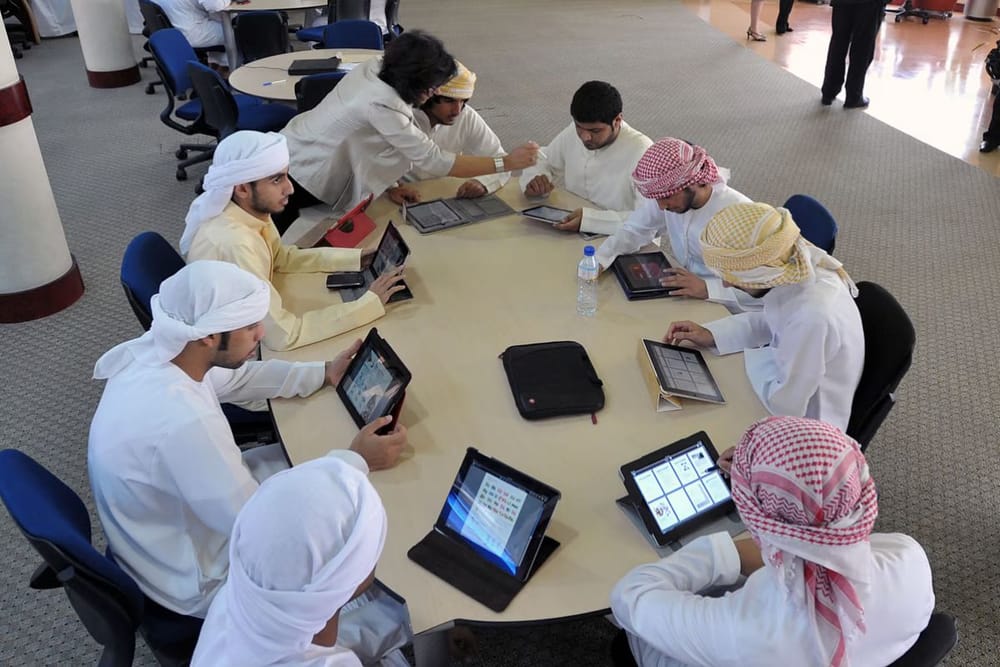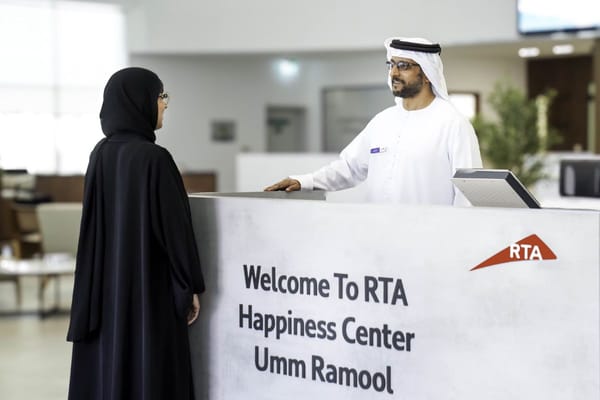In a landmark move, the UAE government has implemented a new media policy restricting the use of the Emirati dialect in media to citizens only — a decision experts say is critical to preserving the nation’s linguistic and cultural identity.
Rooted deeply in Classical Arabic, the Emirati dialect reflects the country’s diverse heritage, shaped by tribes from coasts, mountains, and deserts. Experts have long stressed the need to safeguard it against misrepresentation and misuse, particularly in media and advertising.
Lamia Rashid Al Shamsi, a Sharjah-based heritage enthusiast documenting Emirati vocabulary since 2014, welcomed the move.
“Hearing the dialect misused on social media can confuse children. This policy helps us hold on to our language,”
she said.
Researcher Alia noted that 80% of the Emirati dialect stems directly from Arabic.
“Though the pronunciation may vary, the roots remain the same,”
she explained.
Entrepreneur Hanan Al Fardan, founder of the Al-Ramsa Institute — the region’s first centre for teaching the Emirati dialect — believes the policy will educate and empower future generations.
“It’s not a ban but a way to regulate misuse, especially in commercial contexts,”
she said.
Writer and heritage researcher Sheikha Mohammed Al Hai echoed this view.
“The policy protects our dialect from mockery and ensures it is passed down accurately,”
she said.
Experts anticipate a surge in educational initiatives and digital content promoting the dialect. Beyond regulation, the policy is seen as a bold cultural preservation effort — one that may inspire similar measures across the Arab world.
News Source: Khaleej Times









